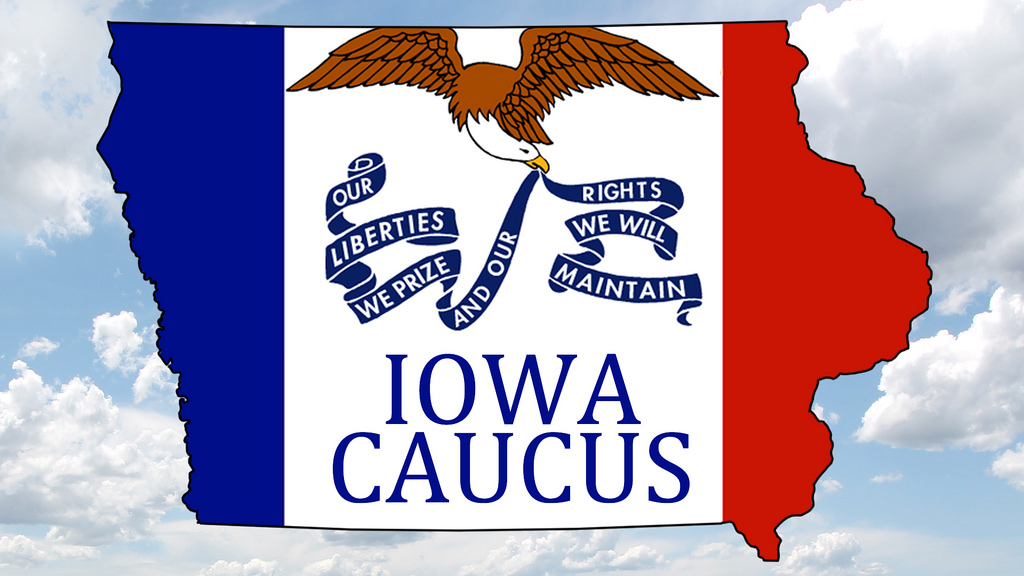With the Iowa caucuses now underway, poll numbers suggest close battles for Democrats and Republicans alike. Though the general election isn’t for another nine months, the Iowa caucuses mean a great deal. Since 1972, when the Iowa caucuses were moved to the beginning of the year, seven out of 10 Democrats who won in Iowa won the nomination, with six out of nine Republican winners doing the same. So although winning in Iowa does not necessarily mean winning the nomination, it certainly has a large influence.
The most recent polls in Iowa show a close race between Ted Cruz and Donald Trump for the GOP nomination. Given their poll numbers showing them far ahead of any other candidates and their leads in Iowa, it seems likely that one of them will ultimately win their party’s nomination. But what would their nominations mean for the general election? Well, it seems that if either of them wins the nomination, they will be in for a rough couple of months leading up to the general election in November.
Let’s evaluate the Trump scenario. Trump has remained atop the polls for months now, despite most people thinking he would eventually die off. His continual ignorant comments and outrageous attacks have had very little impact on his numbers. So what if Trump becomes the nominee? Well, it’s certain that whoever wins the Democratic nomination will have plenty of ammo to attack Trump with leading up to the general election. In addition, he will likely not have the support of many members of his own party, who see Trump as dangerous and not a true Republican. Every detail of a person’s life comes out when he runs for office, and this is certainly most true for presidential nominations. Trump has said and done many distasteful things in his life, and although they might not seem to be deterring voters at the moment, there is a good chance they will once he actually becomes one step closer to leading the most powerful nation on Earth.
Cruz is much different than Trump in many ways. Whereas Trump is a nonestablishment member of the party who leans more moderate in the political spectrum, Cruz is a far-right establishment Republican who actually has experience in Washington. But what makes the two rivals so similar is that Cruz shares an inevitable difficult time if he were to win the nomination. Cruz has surpassed Trump in several Iowa polls in recent weeks, and many establishment Republicans would much prefer Cruz to Trump. But his Washington experience and arch-conservatism may hurt him if he reaches the general election. America has become increasingly liberal over the past few years, especially in states like California and New York, which carry heavy weight in the electoral college system. Cruz’s conservatism could therefore make him much less popular when matched against someone like Hillary Clinton or Bernie Sanders. But another issue looms over Cruz’s head: his citizenship. Although Cruz assures that he has every legal right to be running for president despite being born in Canada, the real threat comes when that legality comes to question by the Senate. The Senate recognized Panama-born John McCain’s legal status as a natural-born citizen during the 2008 election. But whereas McCain is a well-respected senator and war hero, Cruz is widely unpopular among his Senate colleagues, and if he does go on to win the nomination, he will certainly face some scrutiny when being evaluated.
Political elections these days are very ugly, and the 2016 presidential election will be no exception. We will see if the Republican party candidate will thrive or crumble in this presidential election, as the cards are overwhelmingly stacked against him.
Kyle Campbell is a sophomore government and politics major. He can be reached at kcampbelldbk@gmail.com.



